Transcription of Freedom, Reason, and Tradition
1 freedom , Reason, and TraditionAuthor(s): F. A. HayekReviewed work(s):Source: Ethics, Vol. 68, No. 4 (Jul., 1958), pp. 229-245 Published by: The University of Chicago PressStable URL: .Accessed: 16/03/2012 11:49 Your use of the JSTOR archive indicates your acceptance of the Terms & Conditions of Use, available at . is a not-for-profit service that helps scholars, researchers, and students discover, use, and build upon a wide range ofcontent in a trusted digital archive. We use information technology and tools to increase productivity and facilitate new formsof scholarship. For more information about JSTOR, please contact University of Chicago Press is collaborating with JSTOR to digitize, preserve and extend access to AN INTERNATIONAL JOURNAL OF SOCIAL, POLITICAL, AND LEGAL PHILOSOPHY Volume LXVIII JULY 1958 Number 4 freedom , REASON, AND Tradition * F.
2 A. HAYEK I T IHOUGH freedom is not a state of nature but an artifact of civiliza- tion, it did not arise as a result of design. The institutions of freedom , like all that freedom has created, were not es- tablished because people foresaw the benefits they would bring. But once its advantages were recognized, efforts com- menced to perfect and extend the reign of freedom and, for that purpose, to learn how a free society worked. This development of a theory of liberty took place mainly in the eighteenth century and began in two countries-of which one knew liberty and the other did not -England and France. As a result, we have to the present day two different traditions in the theory of liberty:1 one empirical and unsys- tematic, the other speculative and ra- tionalist-the first based on an inter- pretation of traditions and institutions which had spontaneously grown up and were but imperfectly understood, the second aiming at the construction of a utopia which has often been tried but never worked.
3 Nevertheless, it has been the rationalist, plausible, and apparently logical argument of the French Tradition , * This article is substantially the same as a chap- ter in the author's book, The Constitution of Liberty, now in preparation. with its flattering assumptions about the unlimited powers of human reason, which has progressively gained influ- ence; while the less articulate and less explicit Tradition on which English free- dom was based has been on the decline. As a result, the political conceptions of the French Age of Reason are today erroneously regarded as representative of the eighteenth century in general. This distinction is obscured by the facts that what we have called the French Tradition of liberty arose largely in an attempt to interpret British insti- tutions, and that the conceptions which other countries formed of British insti- tutions were based mainly on their de- scription by French authors.
4 The two traditions became finally confused when they merged in the liberal movement of the nineteenth century and even leading British liberals drew as much on the French as on the British It was, in the end, the victory of the Ben- thamite Philosophical Radicals over the Whigs in England that concealed a fundamental difference which in more recent years has reappeared as the con- flict between "liberal" democracy and "social" or totalitarian This difference was better understood a hundred years ago than it is today. In the year of the European revolutions 229 230 ETHICS in which the two traditions merged, the contrast between "Anglican" and "Gal- lican" liberty was still clearly described by a distinguished German-American writer. "Gallican Liberty," wrote Fran- cis Lieber in 1848, is thought in the government, and according to an Anglican point of view, it is looked for in the wrong place, where it cannot be found.
5 Neces- sary consequences of the Gallican view are that the French look for the highest degree of po- litical civilization in organisation, that is in the highest degree of interference of the public power. The question whether this interference be despotism or liberty is decided solely by the fact who interferes, and for the interest of which class the interference takes place, while accord- ing to the Anglican view this interference would always be absolutism or aristocracy, and the present dictatorship of the ouvriers would ap- pear to us an uncompromising aristocracy of the ouvriers. He adds: The fact that Gallican liberty expects every- thing from organisation while Anglican liberty inclines to development, explains why we see in France so little improvement and expansion of institutions: but when improvement is at- tempted, a total abolition of the preceding state of things, a beginning ab ovo-a rediscussion of the first elementary Since this was written, the French Tradition has everywhere progressively displaced the English.
6 To disentangle the two traditions it is necessary to look at the relatively pure forms in which they appeared in the eighteenth century. What we have called the British Tradition was made explicit mainly by a group of Scottish moral philosophers led by David Hume, Adam Smith, and Adam Ferguson,5 seconded by their English contemporaries Josiah Tucker, Edmund Burke, and William Paley, and drawing largely on a Tradition rooted in the jurisprudence of the common Opposed to them was the Tradition of the French Enlightenment, deeply imbued with Cartesian rationalism: the Encyclopedists and Rousseau, the Phys- iocrats and Condorcet are their best known representatives. Of course, the division does not fully coincide with national boundaries. Frenchmen like Montesquieu, Turgot (in his youth), and, later, Benjamin Constant, and above all Alexis de Tocqueville, are probably nearer to what we have called the "British" than to the French tradi- tion.
7 And, in Thomas Hobbes, Britain has provided at least one of the founders of the rationalist Tradition , not to speak of the whole generation of enthusiasts for the French Revolution, like Godwin, Priestley, Price, and Paine (or Jefferson after his stay in France), who entirely belong to II Though these two groups are now commonly lumped together as the an- cestors of modern liberalism, there is hardly a greater contrast imaginable than that between their respective con- ceptions of the evolution and function- ing of a social order and the role played in it by liberty. The difference is directly traceable to the predominance of an essentially empiricist view of the world, in England, and a rationalist approach, in France-whether we take these terms in their popular or in their more precise philosophical meanings. The main con- trast in the practical conclusions to which these approaches lead has re- cently been well put, as follows: "one finds the essence of freedom in sponta- neity and the absence of coercion, the other believes it to be realized only in the pursuit and attainment of an abso- lute collective purpose,"8 and "one stands for organic, slow, half-conscious growth, the other for doctrinaire delib- erateness; one for trial and error pro- cedure, the other for an enforced solely freedom , REASON, AND Tradition 2 31 valid pattern.
8 "9 It is the second which, as J. S. Talmon has shown in an impor- tant book from which this description is taken, has become "the origin of totali- tarian democracy." The sweeping success of the political doctrines which stem from the French Tradition is probably due to their great appeal to human pride and ambition. But we must not forget that the political conclusions of the two schools derive from different conceptions of how so- ciety works; and in this respect the British philosophers had laid the foun- dations of a profound and essentially valid theory, while the rationalist school was simply and completely wrong. Their rather silly rationalist conception of the nature of a free society has discredited liberalism with sensible people and has rapidly led those who accepted it to the opposite of a free society; the British have given us an interpretation of the growth of civilization which is still the indispensable foundation of the argu- ment for liberty.
9 What they have given us in an account of the origin of institutions, not by con- trivance and design, but by the survival of the successful. Their account of so- cial evolution runs in terms of how "na- tions stumble upon establishments which are indeed the result of human action but not the execution of human design"10 or the "stumbling forward in our em- pirical fashion, blundering into wis- dom," of which F. W. Maitland some- where speaks. It stresses that what we call political order is much less the effect of human contrivance than is commonly imagined. As their immediate successors saw it, what Adam Smith and his con- temporaries had done was to resolve almost all that has been ascribed to positive institution into the spontaneous and irresistible development of certain obvious prin- ciples-and to show with how little contrivance or political wisdom the most complicated and apparently artificial schemes of policy might be erected.
10 '" This "anti-rationalistic insight into historical happening that Smith shares with Hume, Adam Ferguson, and others"' enabled them for the first time clearly to see how institutions and mor- als, language and laws, have evolved by a process of cumulative growth, and that it is with and within this framework that human reason has grown and alone can successfully operate. Their argu- ment is directed throughout against the Cartesian conception of an independ- ently and antecedently existing human wisdom that has invented these insti- tutions, and the conception that civil society has been formed by some wise original legislator or an original "so- cial contract." The latter idea of intel- ligent men's coming together for delib- eration about how to make the world anew is perhaps the most characteristic outcome of those design theories. It found its perfect expression when the leading theorist of the French Revolu- tion, Abbe Sieyes, exhorted the revolu- tionary assembly "to act like men just emerging from the state of nature and coming together for the purpose of signing a social contract.

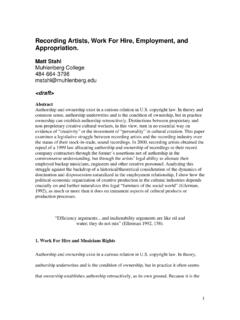


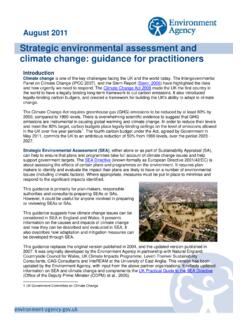
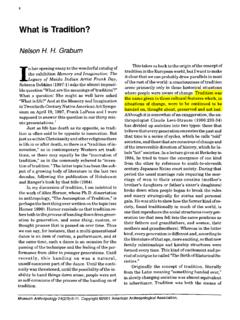
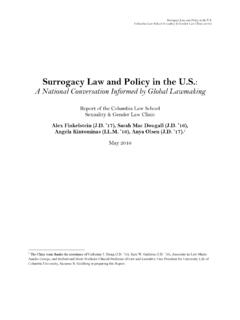

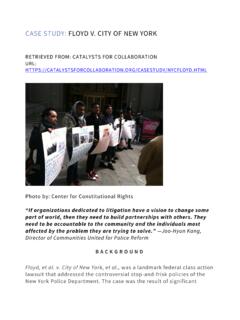
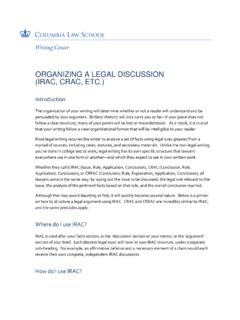

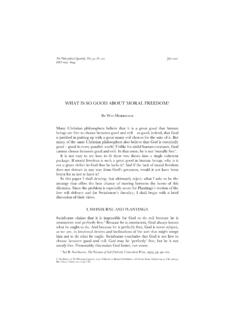
![Freedom [D, 143 bpm, 4/4] - Clover Sites](/cache/preview/7/b/3/2/e/a/0/2/thumb-7b32ea021db8eff043c12a0e79a94712.jpg)






